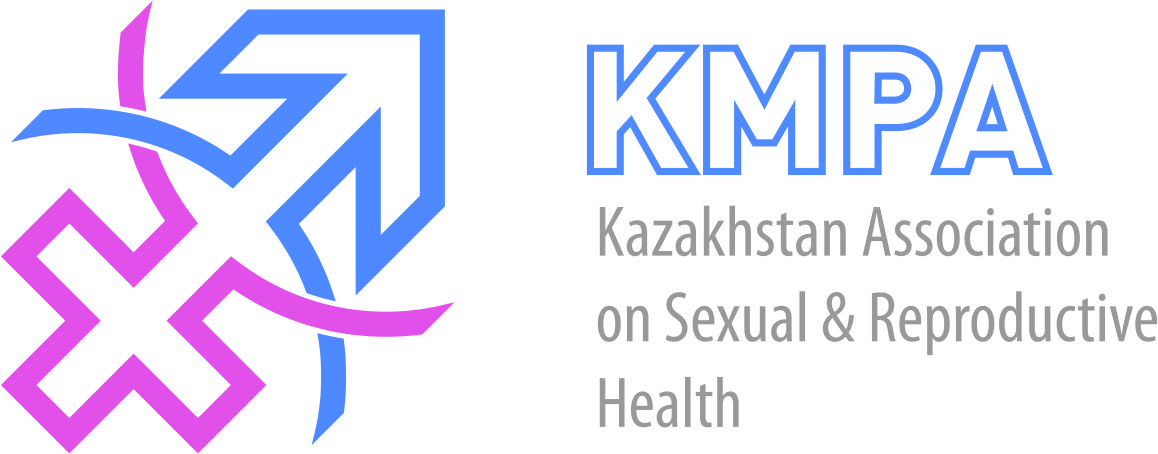

| 31 March 2016
Kazakhstan Association on Sexual and Reproductive Health
The Kazakhstan Association for Sex and Reproductive Health (KMPA) was established in 1997, in close collaboration with other IPPF Member Associations in central Asia, including those in Kyrgyzstan, Tajikistan and Uzbekistan. The organization currently has 13 branches and 2 regional offices, in Kostanay and Astana. KMPA’s outlets are all fully equipped to deliver contraceptive advice and services and antenatal and post-natal care. The organization trains trainers in sexual and reproductive health (SRH) teaching, education and awareness raising, covering the full range of SRH concerns including unwanted pregnancy, sexually transmitted infections (STIs) (including HIV and AIDS), contraception and abortion. KMPA is particularly focused on the sexual and reproductive health and rights (SRHR) of refugees, internally displaced persons (IDPs) and other migrants, and the prevalence of trafficking women and children. KMPA was a major contributor to the International Organization of Migration’s (IOM’s) national information campaign to prevent trafficking. This campaign seeks to raise awareness of the risks associated with the trade. Both with regard to SRHR and trafficking, KMPA has organized information campaigns involving the publication and dissemination of handouts, press releases and articles, the creation and management of an SRH hotline, and the provision of training courses for non-governmental organizations and government officials.

| 31 March 2016
Planned Parenthood Federation of Nigeria
As the statistics show, Nigeria faces considerable sexual and reproductive health (SRH) challenges. Established over 25 years ago, the Planned Parenthood Federation of Nigeria (PPFN) is one of the country’s most experienced SRH organizations and nationally, it delivers around 10% of all family planning services. Its work extends to voluntary counselling and testing (VCT) in HIV and AIDS, antenatal and post-natal care, post-abortion care, infertility diagnosis and counselling, and education and counselling on sexually transmitted infections (STIs) including HIV and AIDS. PPFN’s network of service delivery points is substantial: it has over 2,300 distinct service points. This includes 68 permanent clinics, 1,558 associated clinics and 27 community-based services (CBSs). The team consists of 110 permanent staff, over 750 volunteers and a Youth Action Movement membership of 350. Working together, they deliver a phenomenal number of sexual health services. PPFN partners closely with the Nigerian government to deliver services and providing technical guidance on policy development and implementation. It works in collaboration with other non-governmental organizations (NGO) and with private sector companies including The Central Bank of Nigeria, the National Agency for the Control of AIDS, Allied Products Plc and Nigeria Breweries. PPFN receives financial support from the UNDP, the Global HIV/AIDS Initiative, Pathfinder Nigeria, and IPPF’s Japan Trust Fund. Contacts Website: www.ppfn.org Facebook: https://www.facebook.com/ppfnigeria/







